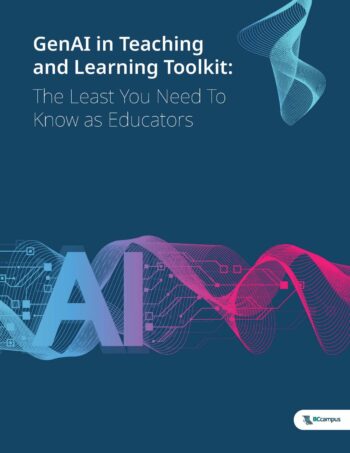


Except where otherwise noted, the contents of this guide were created by humans (not bots) and are licensed under a Creative Commons Attribution-ShareAlike 4.0 International License (CC BY-SA 4.0).
The AI Assessment Scale was developed in 2023, published in 2024, and has since been adopted for use in higher education and K-12 contexts around the world. This incredibly simple and useful tool can be adapted and used as a guide to designing assessments, to communicate expectations, or to incorporate AI into assessment tasks. For more on how to use the AI Assessment Scale, see this blog post from Leon Furze, one of the authors.
How can we effectively assess student learning in the age of artificial intelligence? Researchers have actually been working on this question for some time. In this presentation, Dr. Phillip Dawson considers "generative artificial intelligence in the context of future-authentic assessment, a way of assessing that considers both current and future realities of a discipline. With tools like ChatGPT now a part of life, work and civic engagement, should capability with these tools be considered a learning outcome in and of itself?"
The following advice is summarized from CRADLE Suggests...Assessment and genAI (Deakin University, 2023). See more guidance on assessment in the Assessment for Learning LibGuide.
The assessment structure outlined below was adapted from an intro-level history course. The format can be used in a variety of course and discipline settings. In responding to AI, many useful strategies are actually old ones:
Start by discussing the goals of the assignment with students. Why are you asking them to do this work? How will their efforts be rewarded both in and outside the classroom?
Use active learning strategies to explore ideas with students and start building component skills.
Provide opportunities for peer-based discussion and real-time feedback.
Employ collaborative decision-making tasks with instructor-facilitated discussion and debrief.
Repeat the above processes with new inputs so that students have the opportunity to practice/master key skills.
Create structured outputs (e.g., worksheets, templates) to guide students toward an acceptable end product which can be used to illustrate achievement of key learning outcomes.
Provide opportunities for students to share drafts and receive feedback. Use the assignment criteria to co-construct a grading rubric with students and then discuss examples and drafts in relation to the rubric.
Celebrate all your/their hard work!